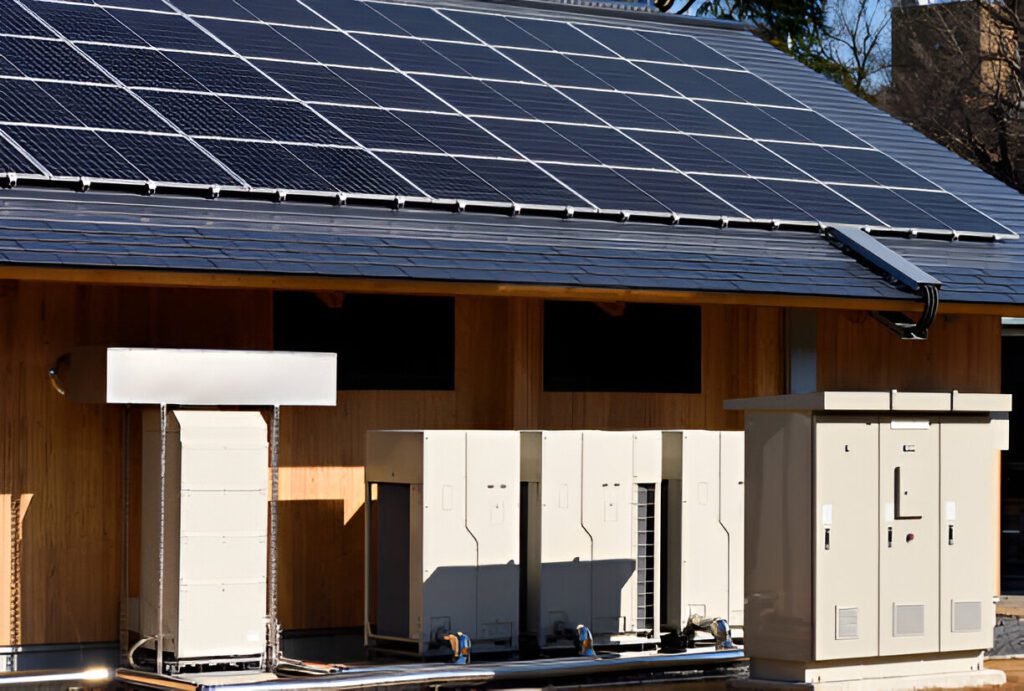Have you ever heard of home energy storage systems? They might sound complicated, but they are actually a great way to manage the energy we use in our homes. In this guide, we’ll break down what home energy storage systems are, how they work, and why they are becoming popular.
What is a Home Energy Storage System?
A home energy storage system is a technology that allows homeowners to store electricity for later use. Think of it like a giant battery for your home! When you produce energy, like from solar panels, you can save that energy in the storage system. Then, when you need it—like in the evening or during a power outage—you can use the stored energy instead of getting it from the grid.
How Do Home Energy Storage Systems Work?
Here’s how it works in simple steps:
- Energy Generation: Many homes energy from the sun during the day. This energy is converted into electricity that can be used in the home.
- Storing Energy: Instead of using all the energy immediately, some of it is sent to the home energy storage system, where it is stored for later use.
- Using Stored Energy: When the sun goes down or when you need extra power, the stored energy is released from the storage system. This helps power your home without needing to buy electricity from the utility company.
Why Are Home Energy Storage Systems Important?
Home energy storage systems offer several benefits:
- Energy Independence: By storing your own energy, you become less reliant on the electric grid. This means you can save money and have a backup power source if there’s an outage.
- Cost Savings: If you use stored energy during peak hours when electricity rates are higher, you can save money on your electric bills.
- Environmental Benefits: Storing solar energy helps reduce our reliance on fossil fuels, which are harmful to the environment. Using clean, renewable energy is better for the planet.
Different Types of Home Energy Storage Systems
There are a few types of energy storage systems you might come across:
- Lithium-Ion Batteries: These are the most common type used in home storage systems. They are lightweight, efficient, and have a long lifespan.
- Lead-Acid Batteries: These are older technology and can be less expensive, but they are heavier and don’t last as long as lithium-ion batteries.
- Saltwater Batteries: These are a newer option that uses saltwater as the electrolyte. They are safe and environmentally friendly, but they are still being developed for home use.
Things to Consider Before Getting a Home Energy Storage System
Before investing in a home energy storage system, here are a few things to think about:
- Energy Needs: Calculate how much energy you use in a day. This will help you determine how large of a storage system you might need.
- Cost: Look into the costs of purchasing and installing a system. While prices can vary, think about how much you could save in the long run.
- Space: Consider where you will put the storage system. Some systems are large and need a dedicated space.
- Local Incentives: Check if there are any government programs or rebates that can help reduce the cost of the system.
Conclusion
Home energy storage systems are a smart way to manage energy use and save money. By storing energy for later, you can be prepared for power outages, reduce your electricity bills, and help the environment. If you’re thinking about investing in a home energy storage system, take the time to research and understand your energy needs. With the right system, you can enjoy a more efficient and sustainable home!

